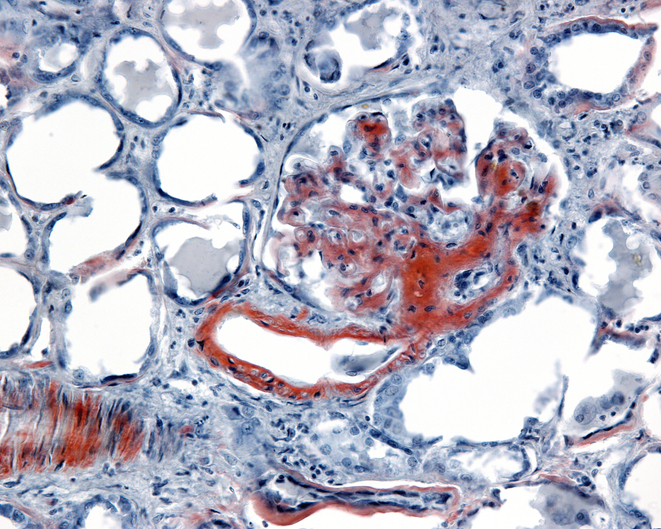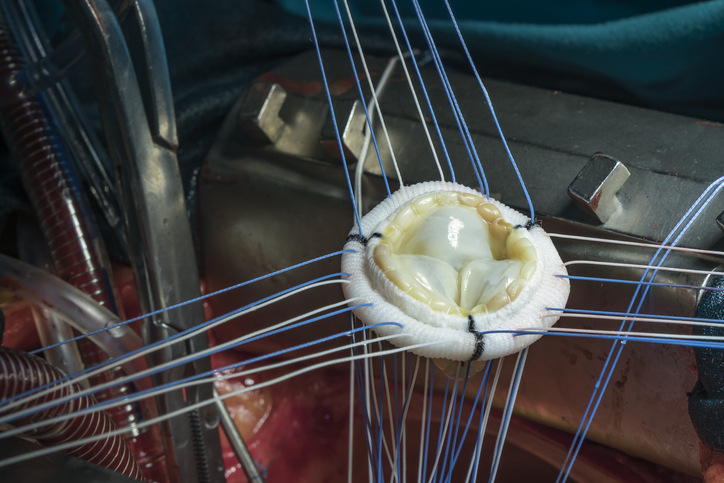
Individuals with transthyretin amyloid cardiomyopathy (ATTR-CM) who have clonal hematopoiesis have an increased risk of mortality, according to a study being presented at AHA Scientific Sessions 2024.
“Individuals with clonal hematopoiesis, including clonal hematopoiesis of indeterminate potential (CHIP), mosaic chromosomal alterations (mCAs), and loss of Y (LOY), have heightened risk of adverse cardiovascular outcomes. It is unknown whether the presence of clonal hematopoiesis is associated with mortality in ATTR-CM,” the researchers noted.
To assess the link between clonal hematopoiesis and all-cause mortality, researchers evaluated 54 genotyped individuals with ATTR-CM in the Mass General Brigham Biobank (MGBB). ATTR-CM status was discerned using a pyrophosphate scintigraphy (PYP) scan. CHIP was analyzed using whole exome sequencing; mCAs and LOY were assessed from genotype array data. Key outcomes of interest included the presence of any CHIP (defined as a variant allele fraction [VAF] ≥2%), large CHIP (VAF ≥10%), CHIP driver mutations (DNMT3A, TET2, and non-DNMT3A), mCA, and LOY.
The findings showed that the most common CHIP clones were DNMT3A (identified in 20% of individuals), TET2 (6% of individuals), and ASXL1 (4% of individuals). Over a median follow-up of almost 3 years, the findings showed that DNMT3A CHIP was notably correlated with risk of all-cause mortality (HR 5.97 [95% CI 1.13-31.55], P =0.036). Moreover, the study found that mCAs, but not LOY, were associated with mortality (mCA HR 4.75 [1.33-16.96], P=0.017; LOY HR 2.79 [0.74-10.59], P=0.13).
The researchers concluded that “individuals with ATTR-CM, non-DNMT3A CHIP and mCAs were associated with increased risk of all-cause mortality.”
Reference
Small A, Vijayakumar S, Cuddy S, et al. Clonal hematopoiesis portends worse mortality among individuals with ATTR cardiac amyloidosis. Abstract #Sa1089. Presented at the American Heart Association Scientific Sessions 2024; November 16-18, Chicago, Illinois.







 © 2025 Mashup Media, LLC, a Formedics Property. All Rights Reserved.
© 2025 Mashup Media, LLC, a Formedics Property. All Rights Reserved.